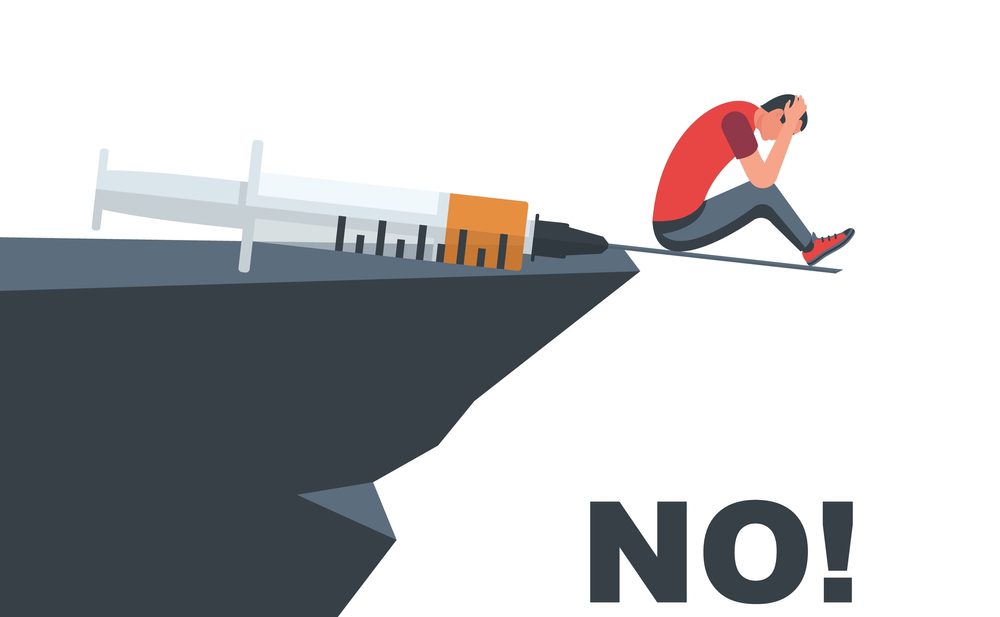THE DEVASTATING RIPPLE EFFECTS OF DRUG ABUSE
Drug abuse is a topic that has been on the minds of many people for a long time. The effects of drug abuse can be seen all around us, from the streets of our cities to the smallest towns of our country. It affects families and communities, and its impact is far-reaching. It has a range of adverse effects that are both immediate and long-term and can be devastating to those involved. In this blog, we will explore how drug abuse affects society and why it is a problem that needs to be addressed.
The first thing to understand is that drug abuse is not just an individual problem. Its impact is felt by everyone in society and mostly by family members. Drug abuse can lead to a load of health problems, including addiction, overdose, and disease to name a few. These health problems can put a strain on healthcare resources and can have an impact on the economy as well. Drug abuse can also lead to increased violence, crime rates, and public safety concerns. Drug trafficking and the illegal drug trade can lead to violence and contribute to the spread of organized crime.
One of the most significant ways drug abuse affects society is through the direct harm caused by drug use. Addiction is a chronic brain disease that can lead to compulsive drug-seeking behavior and can have a profound impact on a person’s ability to carry out everyday tasks. Overdose, which can be fatal, is a risk for anyone who uses drugs, particularly those who use opioids, such as heroin or prescription painkillers. Drug abuse can also lead to the spread of infectious diseases, such as HIV and hepatitis, through shared needles and other drug paraphernalia.
Drug abuse also hampers family relations. When a family member is struggling with drug addiction, it can have a ripple effect on the entire family. Such family constraints also cause emotional and financial stress and distress in relationships as a whole. Children of parents who abuse drugs may experience neglect, abuse, and instability in their home environment, which can lead to long-term developmental problems. Additionally, drug abuse can lead to legal problems, such as arrests and imprisonment, which can further strain family relationships and finances.
The negative impacts of drug abuse go hand in hand with the communities too. Misusing drugs can have economic impacts on communities, including decreased productivity and increased healthcare costs. Communities may also have concerning environmental impacts, such as the pollution and waste associated with the production and disposal of drugs.
The impact of drug abuse on society can also be seen in its adverse effects on mental health. Substance abuse is often linked to mental health disorders, such as depression and anxiety. The use of drugs can exacerbate existing mental health problems and give birth to newer ones. Additionally, drug abuse can lead to social isolation and withdrawal, which can give rise to further mental health problems.
The good news is that such problems can be resolved with the right care. Prevention programs aim to educate individuals about the risks associated with drug use and encourage healthy behaviors. Treatment options include a range of approaches, such as medication-assisted treatment and behavioral therapies, to help people get over addiction and maintain recovery. Law enforcement efforts focus on reducing the availability of drugs through the enforcement of drug laws and targeting drug traffickers.
In conclusion, drug abuse affects society in ways we seldom ignore. Its impact can be seen in the form of health problems, strained relationships, economic impacts, and mental health problems. Efforts to address drug abuse include prevention programs, treatment options, and law enforcement efforts. We all have a role to play in addressing this problem. By working together, we can help to create healthier, safer, and more prosperous communities for everyone. So let’s take action today and make a difference.
















